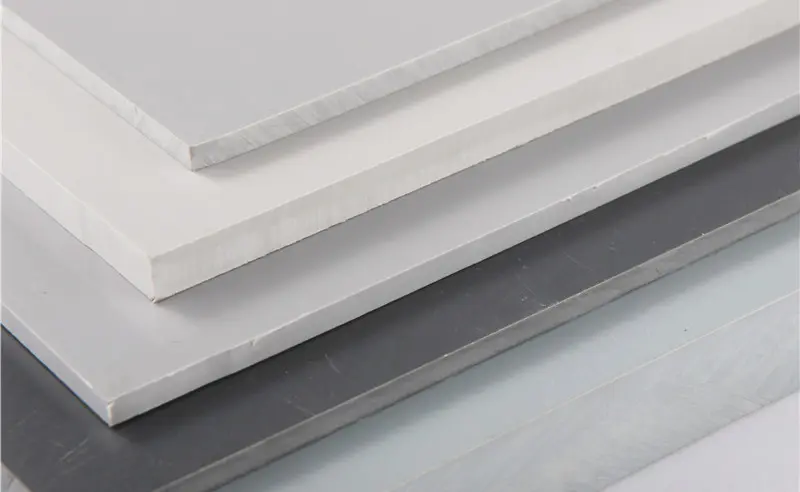Septemba . 28, 2024 11:16 Back to list
pvc board
Understanding PVC Board Benefits and Applications
Polyvinyl chloride (PVC) board, a versatile material, has gained popularity across various industries due to its unique properties and advantages. Composed primarily of a synthetic plastic polymer, PVC board is known for its durability, weather resistance, and lightweight characteristics. This article delves into the benefits and diverse applications of PVC board, showcasing why it is a favored choice among builders, designers, and manufacturers.
Understanding PVC Board Benefits and Applications
In addition to its durability, PVC board is remarkably lightweight, which facilitates easy transportation and installation. This characteristic is especially valuable in construction and manufacturing, where heavy materials can complicate logistics and increase labor costs. Contractors frequently prefer PVC board for projects ranging from signage to partitions, as it simplifies the installation process and minimizes labor time.
pvc board

A further advantage of PVC board is its versatility in design and aesthetics. Available in various colors, textures, and finishes, PVC board can mimic the appearance of wood or stone without the associated drawbacks. This feature enables architects and designers to use PVC board in innovative ways, creating visually appealing installations that are both functional and attractive. Additionally, PVC can be easily cut and shaped, allowing for custom designs that cater to specific needs.
The ease of maintenance with PVC board also contributes to its popularity. The surface of PVC is non-porous, which means it can be quickly cleaned with soap and water without the need for special treatments or protective coatings. This attribute is particularly beneficial in environments such as kitchens, bathrooms, and healthcare facilities, where hygiene is paramount.
Another critical application of PVC board is in the realm of signage and advertising. Its printability allows for vibrant graphics and messaging, making it an ideal choice for promotional displays and informational signs. Moreover, PVC boards are frequently used in the construction of cabinetry, furniture, and retail fixtures, showcasing their adaptability in both residential and commercial settings.
In summary, PVC board stands out as an outstanding material due to its durability, lightweight nature, aesthetic versatility, and low maintenance requirements. Its broad range of applications across various sectors, from construction to signage, underscores its significance in modern design and manufacturing. As industries continue to evolve, the demand for innovative and reliable materials like PVC board will likely grow, solidifying its status as a staple in numerous applications.
-
Durable PP Rigid Sheet: Lightweight, Chemical Resistant Solutions
NewsAug.21,2025
-
PVC Grey Sheet for Extraction: Chemical Resistant & Durable
NewsAug.19,2025
-
Durable PVC Pipe Fittings for Plumbing & Irrigation Needs
NewsAug.18,2025
-
HDPE Steel Belt Reinforced Spiral Corrugated Pipe | High Strength
NewsAug.17,2025
-
HDPE Pipe Fittings: Durable, Leak-Proof Solutions
NewsAug.16,2025
-
Premium CPVC Sheet: High-Temp & Chemical Resistant Solutions
NewsAug.15,2025

